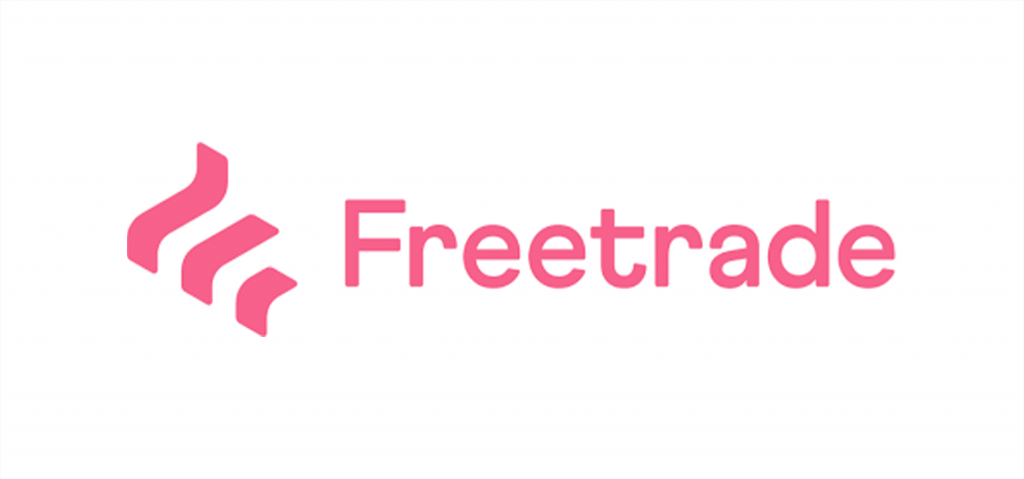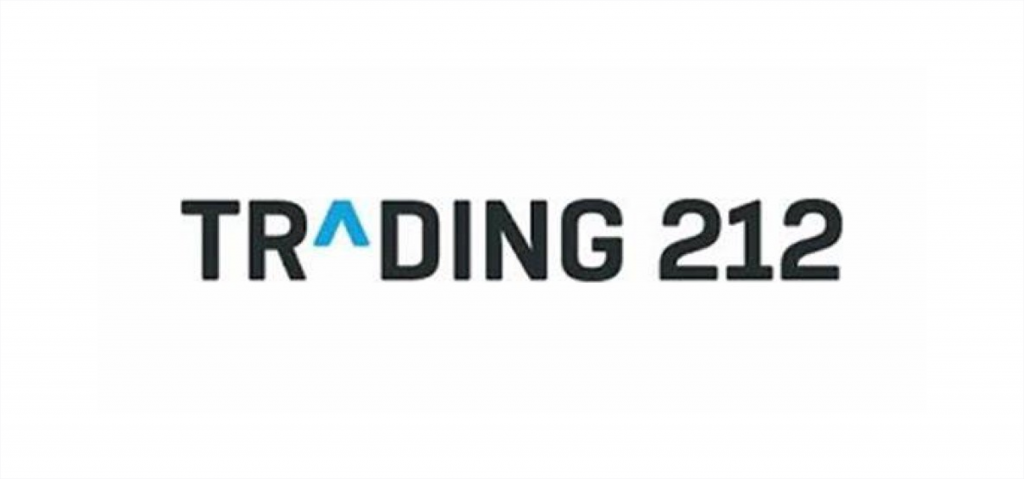- Home
- /
- Robinhood Review
Robinhood Review 2020: Pros, Cons & How It Compares
Robinhood offers commission-free stock, ETF and options trades. But now that the company’s competitors also offer free trades, this investment app stands out most for offering a streamlined trading platform and free cryptocurrency trading.
At Starttrading.com, we strive to help you make financial decisions with confidence. To do this, many or all of the products featured here are from our partners. However, this doesn’t influence our evaluations. Our opinions are our own.
Our Review
The bottom line:
Robinhood provides free stock, options, ETF and cryptocurrency trades, and its account minimum is $0, too. Mutual funds and bonds aren’t offered, and only taxable investment accounts are available. Still, if you’re looking to limit costs or trade crypto, Robinhood is a solid choice.
Pros & Cons
Pros
- No account minimum.
- Streamlined interface.
- Cryptocurrency trading.
- Easy and fast account opening.
- Free Stock up to £200 when you sign up.
Cons
- No retirement accounts.
- No mutual funds or bonds.
- Limited customer support.
Compare to Similar Brokers

per trade
Open an account on Freetrade's website and receive a free share worth between £3 and £200.

per trade
No promotion available at this time
Robinhood review
Robinhood is a free-trading app that lets investors trade stocks, options, exchange-traded funds and cryptocurrency without paying commissions or fees. Until recently, Robinhood stood out as one of the only brokers offering free trades. But with many big-name online brokers eliminating trading commissions and fees in late 2019, Robinhood’s bright light has dimmed a little. That said, it’s still a solid choice, and currently, it’s one of the few brokers that gives investors the opportunity to trade cryptocurrency.
Robinhood offers both web and mobile trading, but the platforms are purposely bare bones, and some investors may find the range of tradable securities and account options lacking.
Want to learn how to trade? Enrol in our free online trading academy.
Robinhood is best for:
- Mobile users.
- Long term investors.
- Margin accounts.
- Cryptocurrency.
- Dividends investors.
Robinhood at a glance
Trading stocks are free at Robinhood.
Trading options are free at Robinhood.
No annual, inactivity or ACH transfer fees. $75 ACAT outgoing transfer fee. (Robinhood Gold costs $5 a month.)
- Stocks.
- ETFs.
- Options.
- Cryptocurrency.
- American Depositary Receipts for over 250 global companies.
All available ETFs trade commission-free.
Robinhood learn, blog, stats and insights.
Web platform is purposely simple but meets basic investor needs.
Mobile trading platform is purposely simple but meets basic investor needs.
Free simple sign up process, takes no more than 5 minutes.
Live chat, email, social media and FAQ.
Email and social media.
Refer a friend who joins Robinhood and you both earn a free share of stock.
Sign up and claim you’re free stock now.
Robinhood Positives
Robinhood trading fees
Yes, it’s true. Robinhood charges zero commission for stocks, options and exchange-traded fund (ETF) trading.
Commissions
What’s better than free? Robinhood’s commitment to providing 100% commission-free stock, options, ETF and cryptocurrency trades is admirable, and the savings for investors who trade frequently is significant. After all, every dollar you save on commissions and fees is a dollar added to your returns. Still, these days many big-name brokers also offer free trades, so it makes sense to compare other features when picking a broker.
New to investing? Learn more about how to buy stocks.
Robinhood also seems committed to keeping other investor costs low. The Clearing by Robinhood service allows the company to operate on its own clearing system, which reduces some of the service’s account fees.
One of the biggest fees Robinhood charges is the $75 outgoing account transfer fee, but that’s not an unusual fee among brokers. (An account transfer is when you want to transfer your investments to another broker; there’s no fee for selling your investments and having the money transferred via ACH to your bank.)
Account minimum
Robinhood doesn’t have one, which means investors can get started right away. Of course, in order to invest, you’ll need enough to purchase the investment you have your eye on. (Like other brokers, Robinhood requires a $2,000 minimum portfolio balance to open a margin account. This is a Financial Industry Regulatory Authority regulation.)
Fractional shares
Like some other brokers, including Interactive Brokers and Charles Schwab, Robinhood has introduced fractional shares. That means you can pay as little as $1 for a portion of a share, even if that share’s full price is in the hundreds of dollars. This feature makes it much easier to build a diversified portfolio — you’re able to buy many more companies, even if you don’t have a lot of money to invest.
High-yield savings
In December 2019, Robinhood started offering a cash management account that currently pays 0.30%. The account comes with a debit card and free ATM withdrawals from more than 75,000 ATMs, and offers up to $1.25 million of FDIC insurance thanks to Robinhood’s agreements with several banks.
Ease of use
If you’re accustomed to using a smartphone — and Robinhood’s target user base obviously is — you’ll find the sign-up and account funding process quick and painless. It all happens within the app in a matter of minutes, with just a few quick questions that gather your personal information, contact details, Social Security number and means of funding your account. The company says approved customers are notified in less than an hour, at which point they can initiate bank transfers.
Robinhood uses instant verification with many major banks, sparing users the hassle of reporting micro-deposits to an account to verify information. Bank transfers of up to $1,000 are available instantly for investing, as are proceeds of up to $1,000 from selling stocks. Deposits larger than $1,000 will take four to five business days to process. Users can set up automatic deposits on a weekly, biweekly, monthly or quarterly schedule.
Streamlined interface
This could be a negative, as the service doesn’t offer all the bells and whistles of a typical online stock broker. But for investors who know what they want, the Robinhood platform is more than enough to quickly execute trades. It supports market orders, limit orders, stop limit orders and stop orders.
Both the mobile and web platforms also include a feature called collections, which are stocks organized by sector or category. Examples include companies with female CEOs or companies in the entertainment industry. On web, collections are sortable and allow investors to compare stocks side by side.
Robinhood also offers a tab bar at the bottom of the app, which offers quick access to portfolio values, watch lists, transaction history and account statements.
Robinhood Gold
Robinhood Gold offers investors the ability to trade on margin, also known as borrowed money. The opt-in service carries a flat monthly fee of $5.
New investors should be aware that margin trading is risky. You’re trading on money borrowed from the broker, which means you can lose more than you invest.
Robinhood negatives
Customer support
Many brokerage customers understandably expect phone support, and they won’t find it here — Robinhood’s customer support is almost exclusively done through email. The company does not publish a phone number. It does have a useful and well-organized help center online, and the website is easy to navigate and transparent.
Mutual funds, Futures, Cryptocurrency and Forex aren’t supported. Freetrade also lacks an automatic dividend reinvestment program, which means dividends are credited to accounts as cash rather than reinvested in the security that issued them.
Limited securities
Mutual funds and bonds aren’t supported. Robinhood also lacks an automatic dividend reinvestment program, which means dividends are credited to accounts as cash rather than reinvested in the security that issued them. The company has said it hopes to offer this feature in the future.
Is Robinhood right for you?
If a streamlined trading platform or the ability to trade stocks are important to you, Robinhood is a solid choice.
Whilst Robinhood does not have a lot of assets to trade on as compared to a full-service platform, it is still very popular among users. Millennial-friendly policies like mobile-only strategy, no minimum deposit, and commission-free service are its highlights.
But now that plenty of online brokers have joined Robinhood in offering commission-free trades, casual investors can afford to shop for the broker that suits them best.
